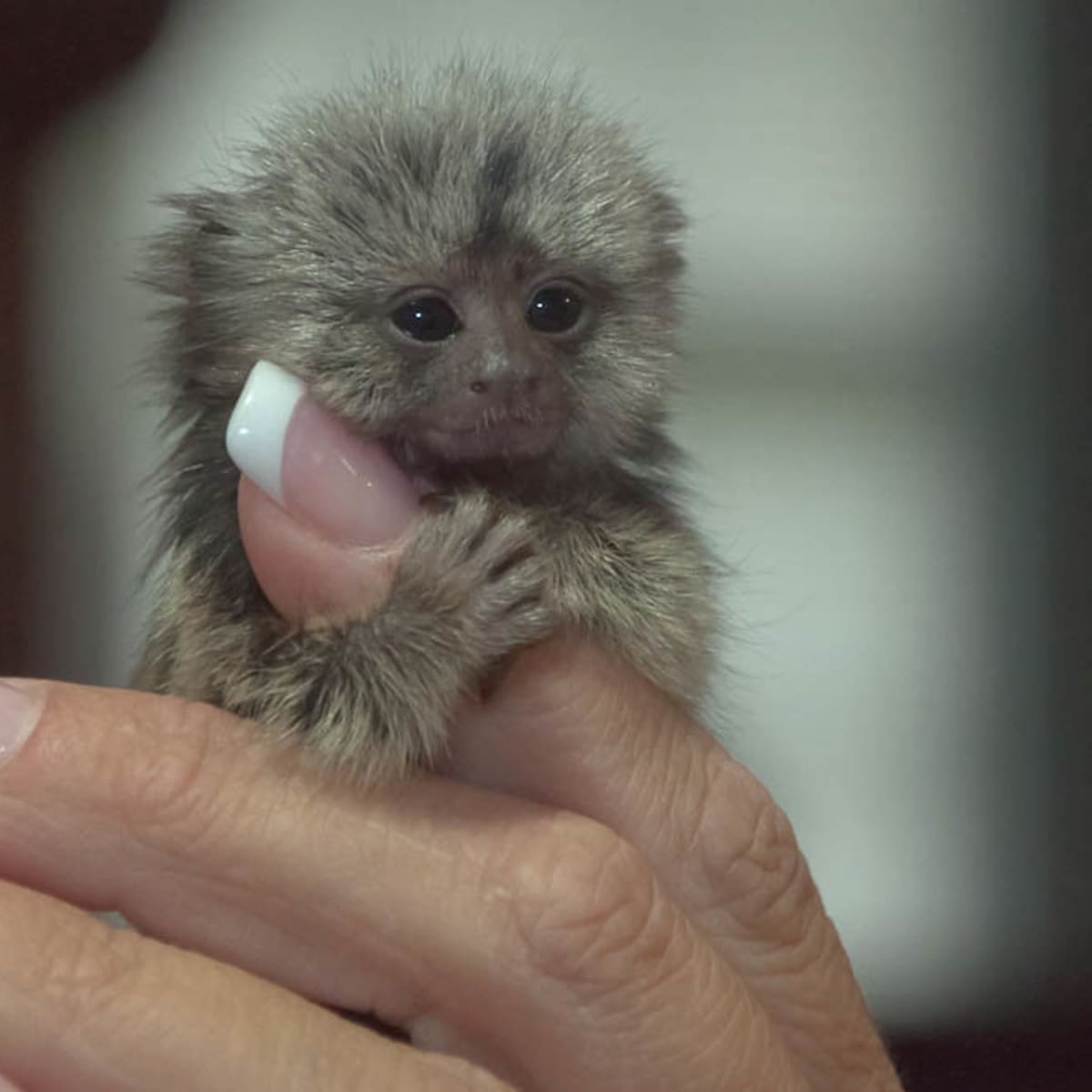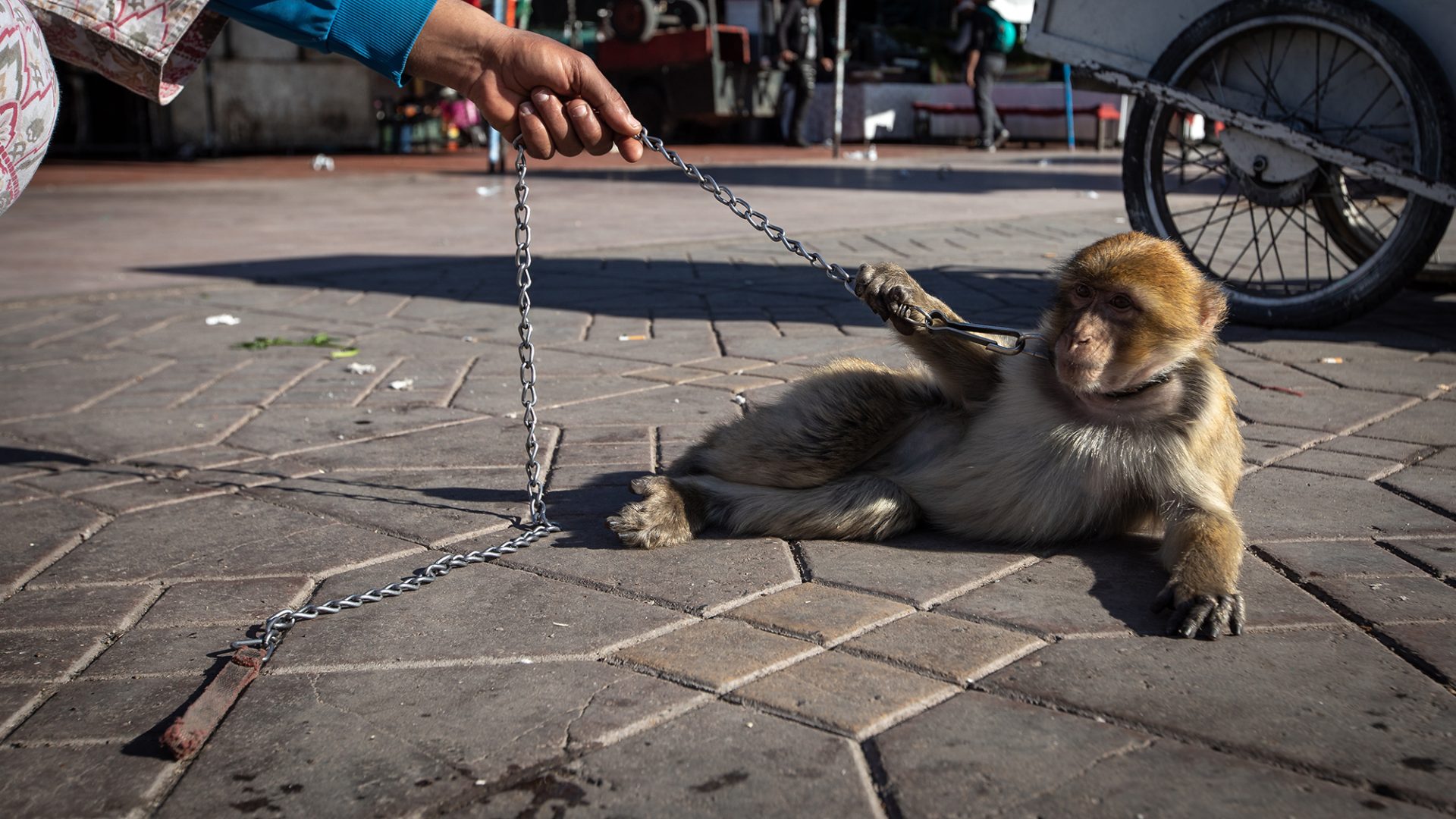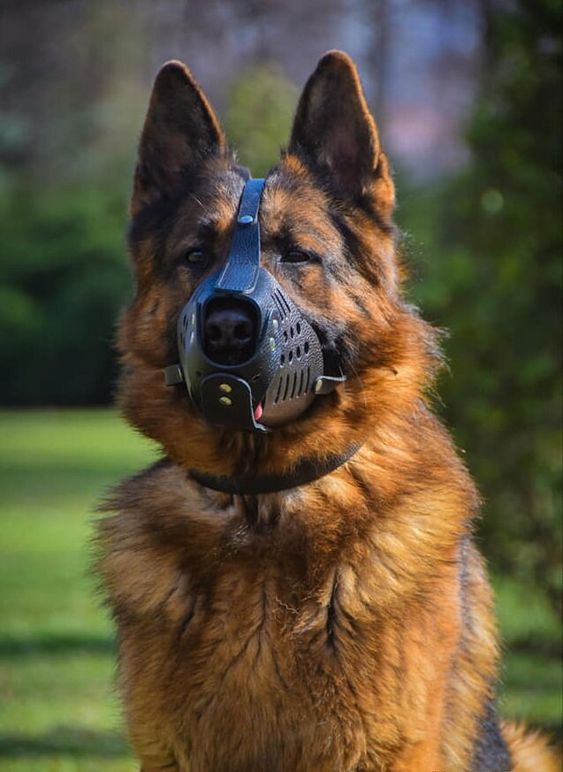In the realm of exotic pets, monkeys often hold a captivating allure, captivating our imaginations with their intelligence, playful antics, and undeniable charm. Their presence in our homes, however, raises complex questions about animal welfare, ethical considerations, and the ability to provide adequate care.
Introduction to Keeping Monkeys as Pets
A Captivating Appeal
Monkeys have long held a place in human fascination, captivating us with their intelligence, agility, and social nature. From their mischievous grins to their impressive problem-solving skills, monkeys have a knack for entertaining and endearing themselves to us. However, before embarking on the journey of welcoming a monkey into your home, it’s crucial to carefully consider the legal, ethical, and practical implications of such a decision.
Legal Considerations
The legality of keeping monkeys as pets varies significantly across different regions and countries. In the United States, for instance, the ownership of primates is heavily regulated under the Animal Welfare Act and the Convention on International Trade in Endangered Species of Wild Fauna and Flora (CITES). These regulations aim to protect wild monkey populations and ensure the humane treatment of captive primates.
It’s essential to thoroughly research the specific laws and regulations in your area to determine if owning a monkey is permissible. In some cases, obtaining a permit or license may be required, and specific housing and care standards must be met. Failure to comply with these regulations can result in legal penalties and the confiscation of your pet monkey.
Ethical Implications
Keeping monkeys as pets raises ethical concerns regarding their well-being and the potential for exploitation. Monkeys are social creatures with complex needs, and confining them to a domestic environment may compromise their natural behaviors and psychological health.
In the wild, monkeys live in intricate social groups, forming strong bonds with their kin. They engage in a wide range of activities, including foraging for food, grooming each other, and raising their young. Confining a monkey to a limited space and depriving it of these essential social interactions can lead to boredom, frustration, and even self-harm.
Moreover, the acquisition of pet monkeys often involves the trade in wild-caught individuals, a practice that can have detrimental effects on wild populations. The capture and transportation of monkeys can be stressful and even deadly, and the removal of individuals from their social groups can disrupt the delicate balance of their ecosystems.
Exploring the Challenges of Monkey Ownership
Specialized Care Requirements
Monkeys require specialized care that goes beyond basic pet ownership. Their dietary needs, housing requirements, and social interactions must be carefully managed to ensure their well-being.
Monkeys have specific dietary requirements that vary depending on their species. A balanced diet should include fruits, vegetables, grains, and protein sources, tailored to their individual needs. Providing a varied and nutritious diet can be challenging, and access to specialized monkey food may be limited in some areas.
Housing a monkey also presents unique challenges. Monkeys are naturally curious and active creatures, requiring ample space to move around, climb, and explore. Their enclosure should be escape-proof and equipped with enrichment activities, such as puzzles, toys, and climbing structures, to prevent boredom and frustration.
Potential for Zoonotic Diseases
Monkeys can harbor zoonotic diseases that can be transmitted to humans. These diseases, such as herpes B virus and salmonellosis, can cause serious health problems, including flu-like symptoms, neurological disorders, and even death.
Pet owners must take strict precautions to minimize the risk of zoonotic disease transmission. Regular veterinary checkups are essential to monitor the monkey’s health and detect any potential infections. Additionally, proper hygiene practices, such as frequent handwashing and avoiding close contact with the monkey’s bodily fluids, are crucial for preventing the spread of diseases.
Destructive Behaviors
Monkeys are naturally curious and can engage in destructive behaviors, such as damaging furniture, chewing on electrical cords, and creating messes. Their intelligence and then agility can make them challenging to control in a domestic setting.
Pet owners must be prepared for potential damage to their property and must take measures to prevent accidents and injuries. Monkey-proofing their homes, providing designated areas for climbing and playing, and then supervising the monkey closely can help minimize destructive behaviors.
Responsibilities of Owning a Monkey
Providing a Spacious and Stimulating Environment
Monkeys require ample space to move around, climb, and engage in natural behaviors. Their enclosure should be escape-proof and then equipped with enrichment activities to prevent boredom and frustration.
The size of the enclosure should be proportionate to the monkey’s species and activity level. Larger enclosures are generally better, allowing for more movement and exploration. Enrichment activities can include puzzles, toys, then climbing structures, and even fresh branches and foliage.
Ensuring a Balanced and Nutritious Diet
Monkeys have specific dietary needs that vary depending on their species. A balanced diet should include fruits, vegetables, grains, and protein sources, tailored to their individual requirements. Providing a varied and nutritious diet can be challenging, and then access to specialized monkey food may be limited in some areas. Consulting with a veterinarian experienced in primate care can help develop a suitable dietary plan for your monkey.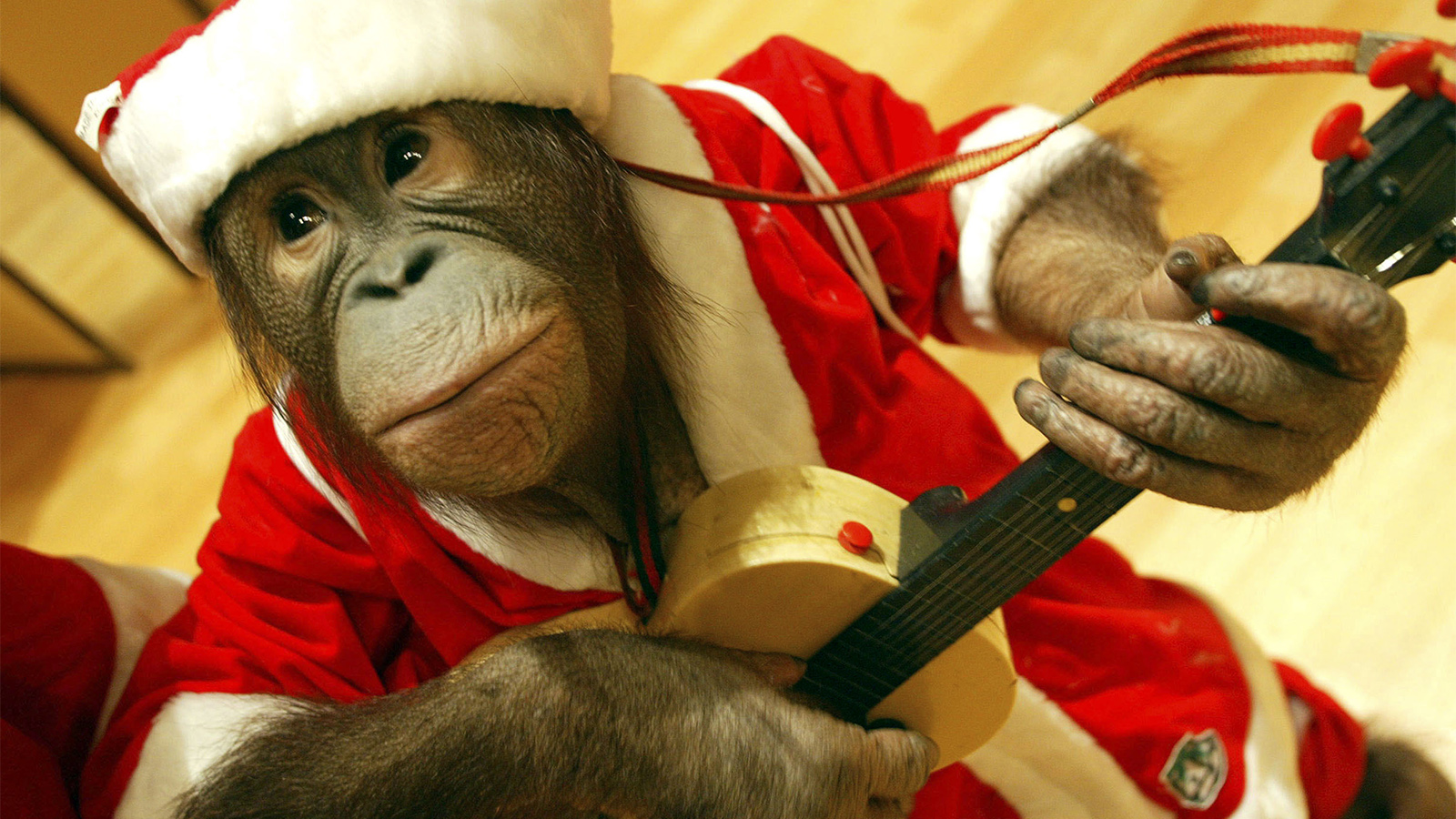
Socialization and Interaction
Monkeys are social creatures and require regular interaction with their caregivers and other monkeys. This interaction can take the form of playtime, then training sessions, or simply spending time in their company.
Owning a single monkey can lead to feelings of isolation and loneliness. Ideally, monkeys should be housed with compatible companions of their own species. However, this is not always feasible for pet owners, and providing frequent playtime and interaction with humans is crucial to their well-being.
Alternatives to Owning a Monkey
Visiting Sanctuaries and Zoos
Observing monkeys in their natural habitat or at reputable sanctuaries can provide a more enriching and then ethical way to experience their beauty and intelligence. Sanctuaries often provide rescued monkeys with a safe haven and then allow visitors to learn about these fascinating creatures.
Visiting sanctuaries allows you to witness monkeys engaging in natural behaviors and then interacting with their social groups. Responsible sanctuaries prioritize animal welfare and promote conservation efforts. By supporting these organizations, then you can contribute to the well-being of monkeys without the complexities of pet ownership.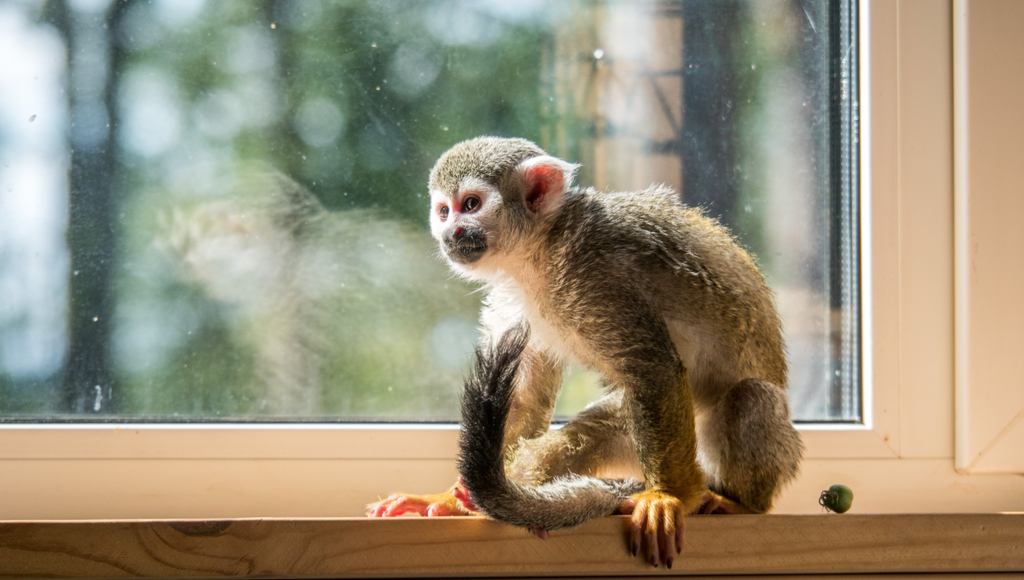
Supporting Conservation Efforts
Contributing to conservation organizations dedicated to protecting monkeys in their natural habitats can help preserve their species and then ensure their well-being in the wild. These organizations work tirelessly to address threats posed by habitat loss, poaching, and then the illegal wildlife trade.
Supporting conservation efforts can have a lasting impact on monkey populations. Your contributions can fund research initiatives, anti-poaching patrols, and educational programs aimed at promoting the importance of primate conservation.
Considering Educational Opportunities
Engaging with educational programs that focus on monkey behavior, ecology, and conservation can provide a deeper understanding of these fascinating creatures without the complexities of pet ownership. Many zoos, museums, and educational institutions offer interactive programs and workshops dedicated to primates.
By attending these programs, you can learn about the diverse range of monkey species, their ecological roles, and the challenges they face in the wild. This knowledge can empower you to become an advocate for monkey conservation and contribute to their long-term survival.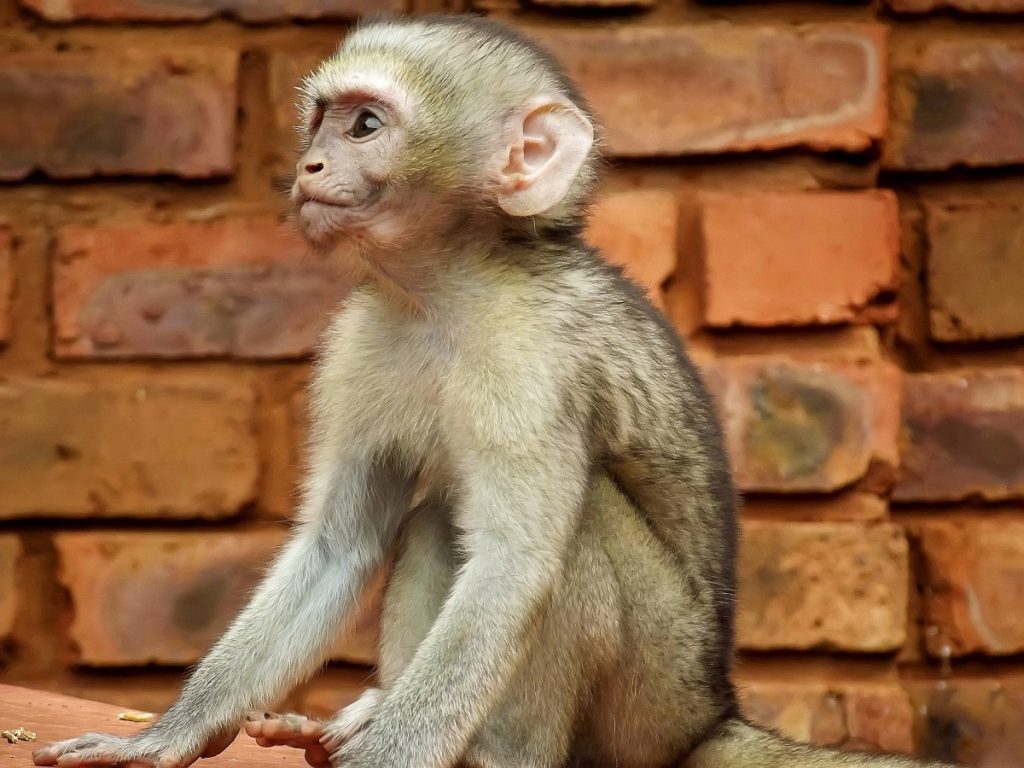
A Thoughtful Decision
The decision to keep a monkey as a pet is not one to be taken lightly. It requires careful consideration of the legal, ethical, and practical implications, as well as a commitment to providing the specialized care and attention these complex creatures demand. Monkeys are not cuddly toys or low-maintenance pets; they are intelligent, social beings with specific needs that can be difficult to meet in a domestic setting.
Ultimately, the well-being of monkeys should be the primary concern. Responsible decisions should be made that prioritize their long-term health and happiness. If you are passionate about primates, consider exploring alternative ways to connect with these amazing creatures, such as volunteering at sanctuaries or supporting conservation efforts. By making informed choices, you can ensure that monkeys continue to thrive in their natural habitats for generations to come.
